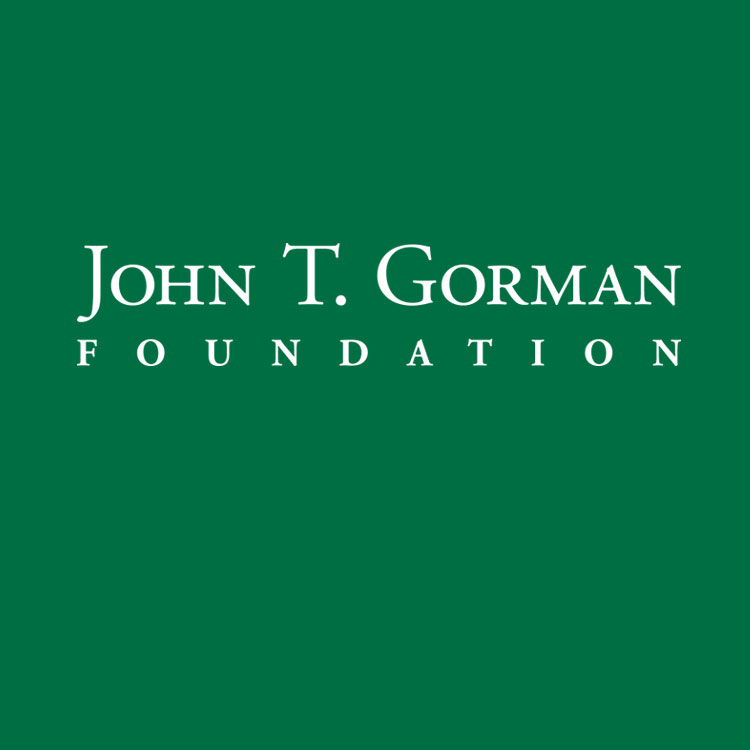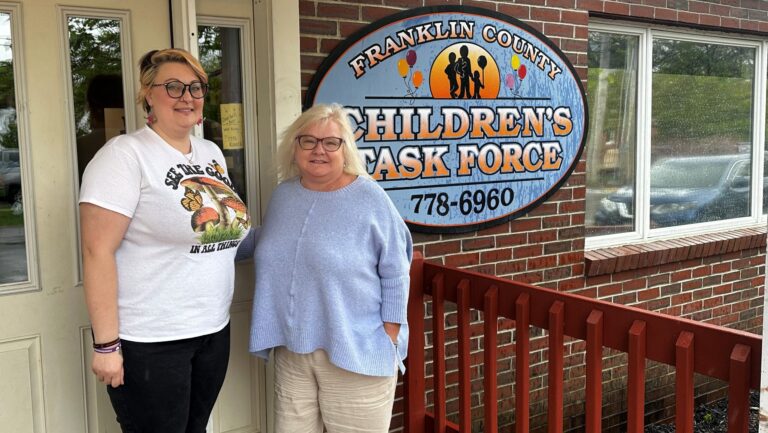Maine Children’s Alliance Executive Director and John T. Gorman Fellow discusses the findings and recommendations of the 2023 Maine Kids Count Data Book
 The Maine Children’s Alliance recently released its biannual Kids Count Data Book, a comprehensive look at measures of well-being for Maine children and their families, with support from the John T. Gorman Foundation and other funders. This year’s data highlighted a number of concerning statistics, including high child poverty rates, disturbing trends in abuse and neglect, and heartbreaking numbers on mental health challenges. (See Foundation President & CEO Nicole Witherbee’s op-ed highlighting how the Foundation is responding to these trends with a more intensive focus on children and families.)
The Maine Children’s Alliance recently released its biannual Kids Count Data Book, a comprehensive look at measures of well-being for Maine children and their families, with support from the John T. Gorman Foundation and other funders. This year’s data highlighted a number of concerning statistics, including high child poverty rates, disturbing trends in abuse and neglect, and heartbreaking numbers on mental health challenges. (See Foundation President & CEO Nicole Witherbee’s op-ed highlighting how the Foundation is responding to these trends with a more intensive focus on children and families.)
While Maine Children’s Alliance Executive Director and John T. Gorman Fellow Stephanie Eglinton calls this year’s report “sobering,” she encourages readers not to lose heart. In this interview, she outlines major findings from the report as well as recommended steps to help more Maine children and families thrive.
John T. Gorman Foundation: How long has the Maine Children’s Alliance compiled the Data Book?
Stephanie Eglinton: The Maine Children’s Alliance has been doing the Data Books as part of the Kids Count national network since 1994. Our mission is to advocate for public policy that improves the lives of Maine children, youth and families. We believe that effective public policies are formed by understanding the issues, including the data around indicators of child and family wellbeing.
JTGF: What is the importance of publishing this resource year after year?
SE: One benefit is that it offers a comprehensive view – for instance, you can’t just look at kids’ access to oral health without also thinking about family economic security. And then the second is to see trends and how Maine is doing over time.
JTGF: What kind of story does this year’s data tell us about Maine kids and families?
SE: Unfortunately, the story is a bit sobering. We’re seeing that many families in Maine are struggling to meet their basic needs and access all the supports they need to thrive. There’s a lot of family strength and resilience highlighted throughout the book, but there are definitely areas that we think policymakers and the general public should be concerned about.
JTGF: What are some areas of concern?
SE: A top concern is the rate of child abuse and neglect, which increased in 2020 and is higher relative to other states. It means we have to do more as a state to prevent problems and think about what can be done upstream to support families before they’re in crisis situations. Another area of concern is the growing mental health crisis in youth. This was evident before the pandemic and has only gotten worse. In one recent survey, nearly half of girl students in Maine reported feeling sad or hopeless.
JTGF: What contributing factors have led to those trends?
SE: Certainly the opioid epidemic has contributed to tough times with families and parental mental health concerns. Disparities in the data point to a lack of access to health treatment and services in some areas of the state, as well as systems not working equitably for certain populations.
JTGF: Did the data show any positive trends?
SE: There are definitely areas that people used to be very concerned about that now have positive trends. Teenage pregnancy continues to go down, as well as the number of youth incarcerated in Maine. In the Data Book, we also highlight that public preschool participation – which was hit hard by the pandemic – is back up to 2019 levels.
JTGF: What kind of recommendations does the report make?
SE: The important message is implementing solutions that look upstream at prevention and support for families – for example, improving access to early intervention services for young children who may be having developmental delays is so important for their future development and well-being. Another recommendation I wanted to mention is implementation of the state’s Child Safety and Family Well-Being Plan, which DHHS just announced in partnership with the Maine Child Welfare Action Network, a coalition of groups that Maine Children’s Alliance coordinates. It’s just really the beginning of more coordination and investments that the state wants to make toward prevention in child welfare.
JTGF: What do you hope people take away from this year’s report?
SE: The data is sobering in a lot of ways, but we don’t want people to feel that the problems are too big to address. I always use the example of the federal expanded Child Tax Credit – during the pandemic, we cut poverty for children in half with a public policy tool. So, there are solutions out there if we choose to implement them. The other thing I would say is to encourage people to look at the systems and how they’re working or not working, rather than focusing blame on the people who are trying to navigate those systems.


